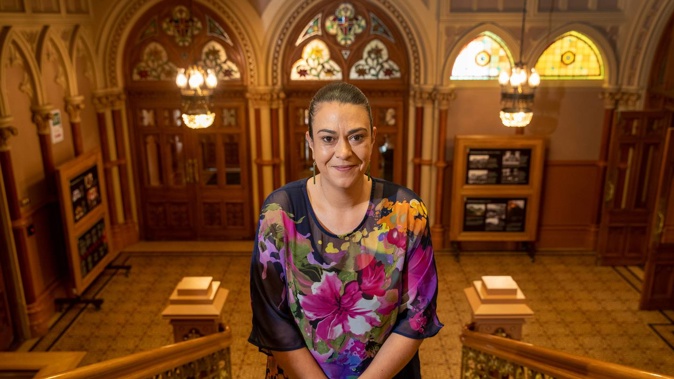
In a week when a microphone-toting protester at Parliament called Prime Minister Jacinda Ardern "some girl in a skirt on a power trip", and Wellington waitress Marika Beauchamp was awarded $25,000 compensation after being fired for getting pregnant, the Herald on Sunday asked New Zealand women to write about their own experiences of bias.
They wrote of discrimination at home and in the community, at school and in the workplace, and of their determination to encourage - and, when needed, more - slowly changing attitudes around equality.
Ahead of International Women's Day on Tuesday, marked this year with the theme "Breaking the Bias", these are their stories. As told to Cherie Howie.
Karen Chhour, ACT MP
When I was 13 years old a teacher told me I would be just another Māori on the benefit with six babies to six different dads.
Growing up I faced abuse at home, bullying in school and I had to deal with CYFS, who tore down my confidence.
What I saw as obstacles then, I now see as stepping stones to who I am today.
Becoming an MP was personal to me, it's my way of giving back, to help young people, and to make real change to a system that is still as broken as the day I faced it.
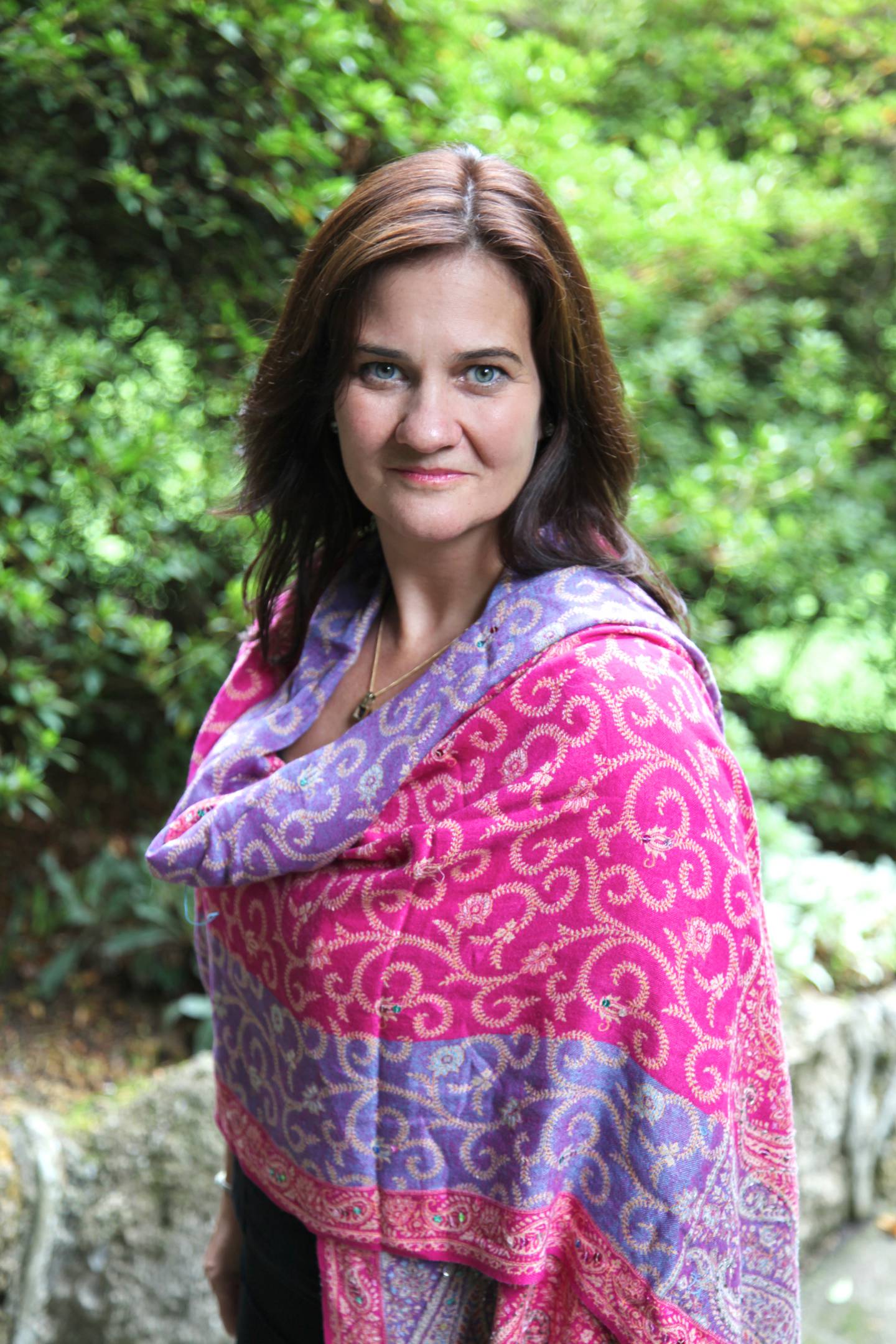
Novelist Charity Norman, whose new book Remember Me comes out April 5. Photo / Vivienne Haldane
Charity Norman, author
Back in 1990, I was the third woman ever to join York barristers' chambers.
Sometimes we had to swing a pick axe at glass ceilings and rage at blatant pigeonholing, but over the years I met – with infuriating exceptions – camaraderie and respect from male colleagues, while more and more women joined the profession.
It wasn't until my family's emigration to Waipukurau that gender stereotyping truly bleeped on my radar.
"No," declared my mother-in-law, on seeing my husband carry chocolate brownies to our car while I started the engine.
"No. That's not how we do it. He drives. You hold the plate."
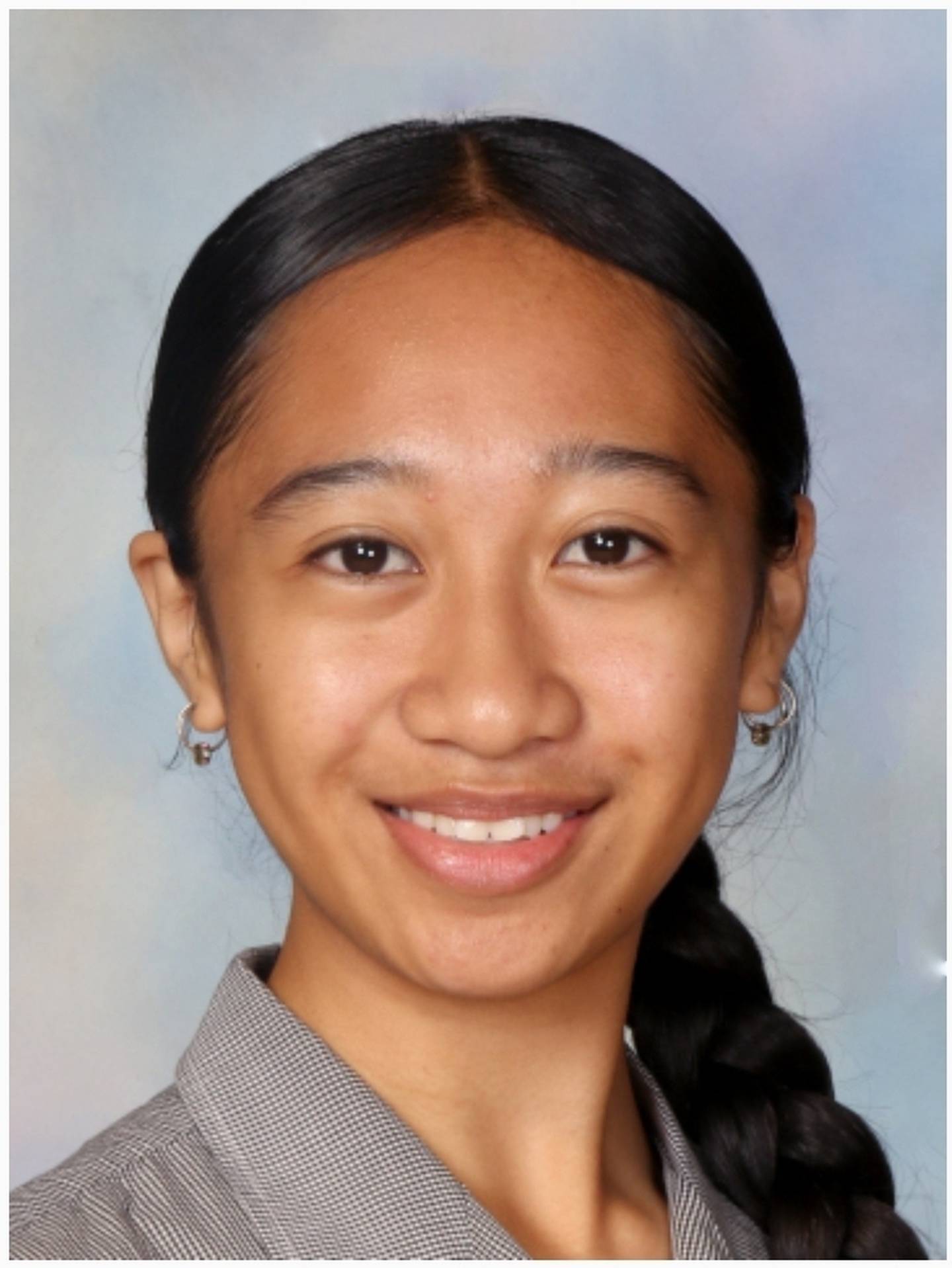
Talking to other young women about experiences of bias helps, Papatoetoe High School year 13 student Yanazee Samuel says.
Yanazee Samuel, Papatoetoe High School student
As a Pasifika woman living in South Auckland, I have encountered stereotypes and biases, whether it be towards me or the women around me.
My peers and I have come across situations with occupational gender segregation in school. Decisions made consciously or not, there have been large tendencies to prefer the boys over the girls so we'd have to work double just to get the recognition we deserve.
Overcoming these experiences includes just having a nice chat with the girls.
When one has an experience and shares it with the rest, it's like we've experienced it ourselves so we learn and grow from it!
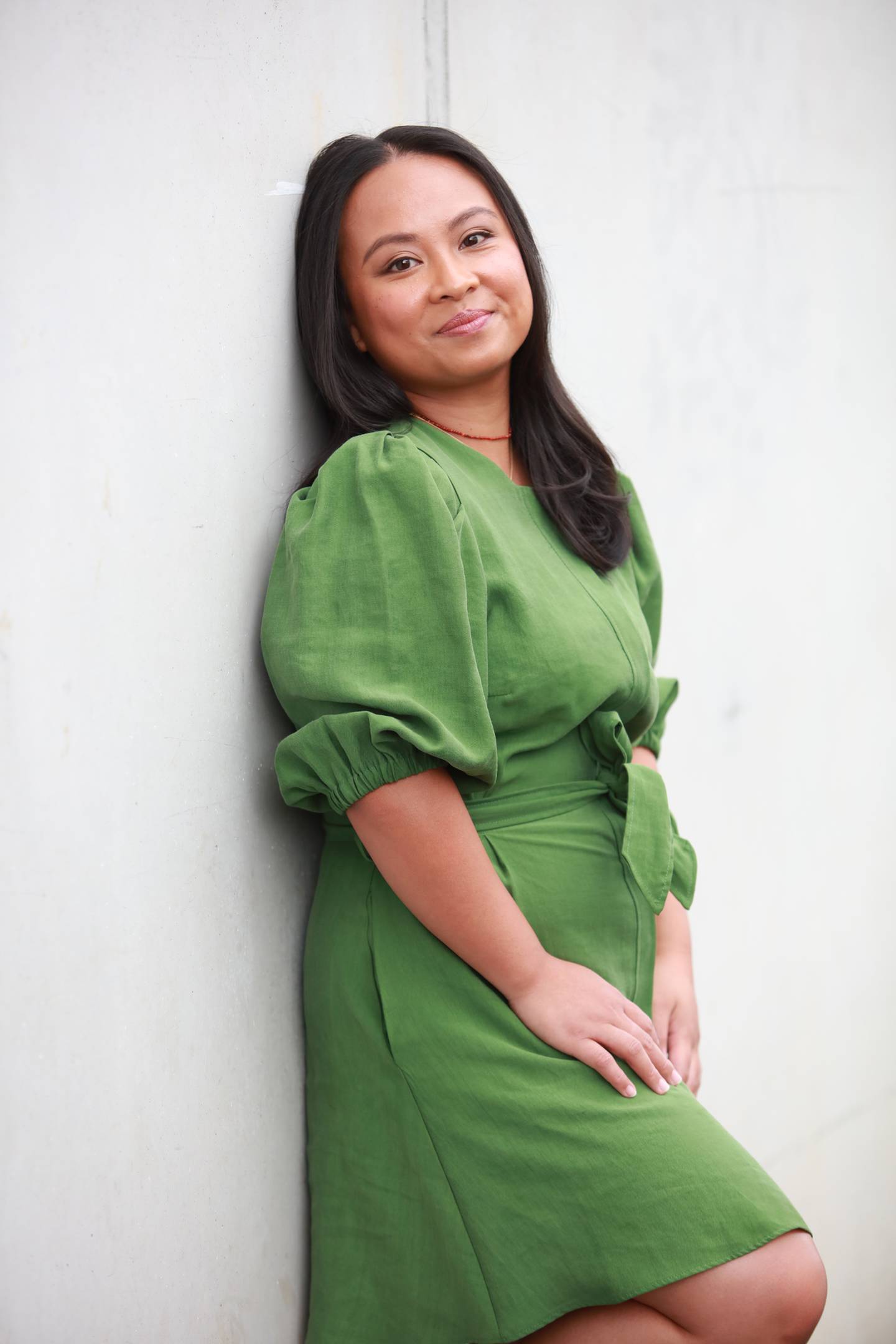
Actress and playwright Marianne Infante is leading the way for Filipino storytellers in Aotearoa. Photo / Supplied
Marianne Infante, actress and playwright
For the longest time, I and many fellow kababayan [Filipino citizens] felt unseen and underrepresented by the environment we were living in.
Filipinos are the third largest Asian population in New Zealand; many of us call Aotearoa home. I decided to change that.
In 2018 I wrote a theatre play titled "PINAY" an intergenerational heart-filled story bursting with Filipino flair which tells the tale of a Filipina mother and daughter testing the definition of unconditional love through Mt Pinatubo's eruption and the Christchurch earthquakes.
PINAY made history as Aotearoa's first theatre production to champion Filipino voices and present Tagalog to a sold-out premiere season which then won an award in 2019's Auckland Theatre Awards.
From the stage to now on screen, I'm humbled to represent the Filipino community as the first Filipina nurse in Shortland Street, as Madonna Diaz.
I am proud to be a Filipina and I am thrilled to say this is only the beginning for our thriving Filipino storytellers here in Aotearoa.
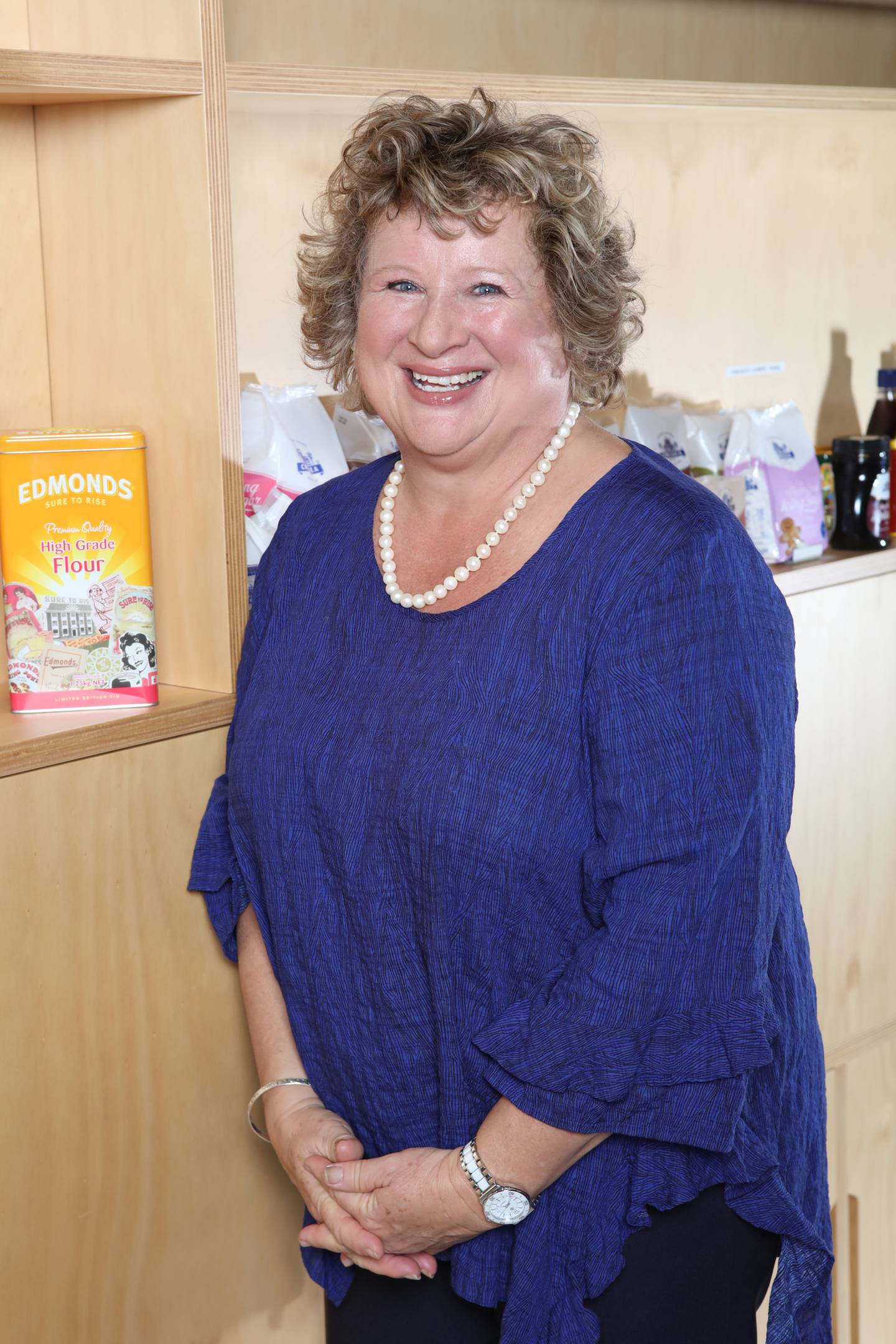
As a young woman, Annabelle White was told university education would be a waste of her time. But education has brought the food and travel writer "great joy". Photo / Supplied
Annabelle White, food and travel writer
Education is the key.
When I was 16 one of my father's colleagues (in an attempt at humour?) would say there was no point in me going to university.
"Waste of time and money, marriage and kids for her!"
My personal happiness and joy with my work is due completely to those years of study and receiving an MA First Class Hons in History and Geography – and unexpectedly, in 2009 a Distinguished Alumni Award from the University of Waikato.
History has nothing to do with cooking, you say – that's the joy of breaking the stereotype with a whisk!
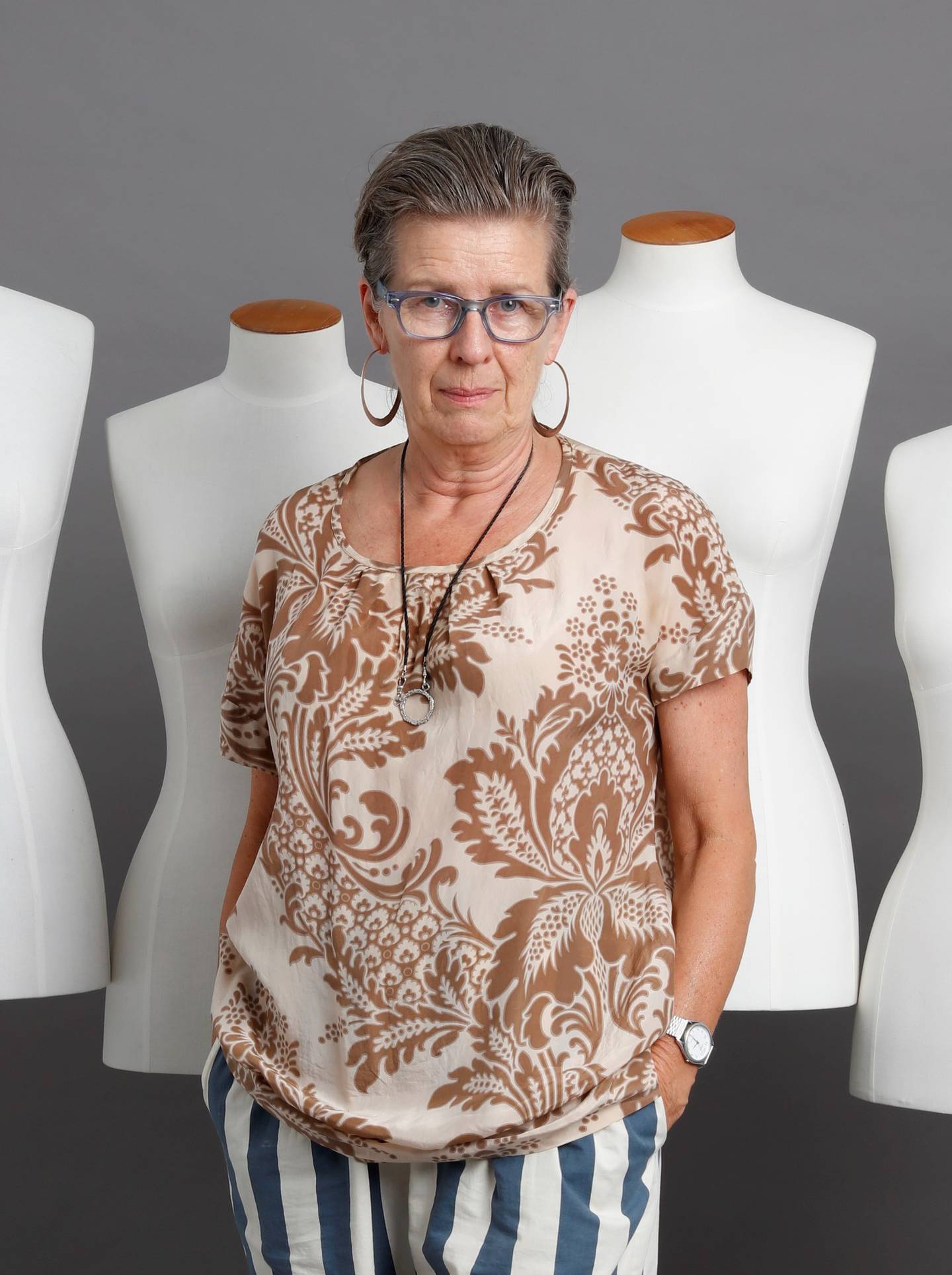
Doris de Pont is a fashion designer and historian. Photo / Supplied
Doris de Pont, fashion designer and founder of New Zealand Fashion Museum
Breaking the Bias is such an appropriate framing for me because it relates to fabric and dress, which are at the heart of my mission.
Fashion, what we wear every day, is not frivolous, commercial, exclusive to women or any other categorisation that invites dismissal; fashion is essential.
Every day we fashion our personal appearance in a way that gives creative expression to who we are, our culture and our truth.
For 12 years now at the helm of the Fashion Museum I have struggled to open the eyes of the gatekeepers of culture in Wellington to this reality.
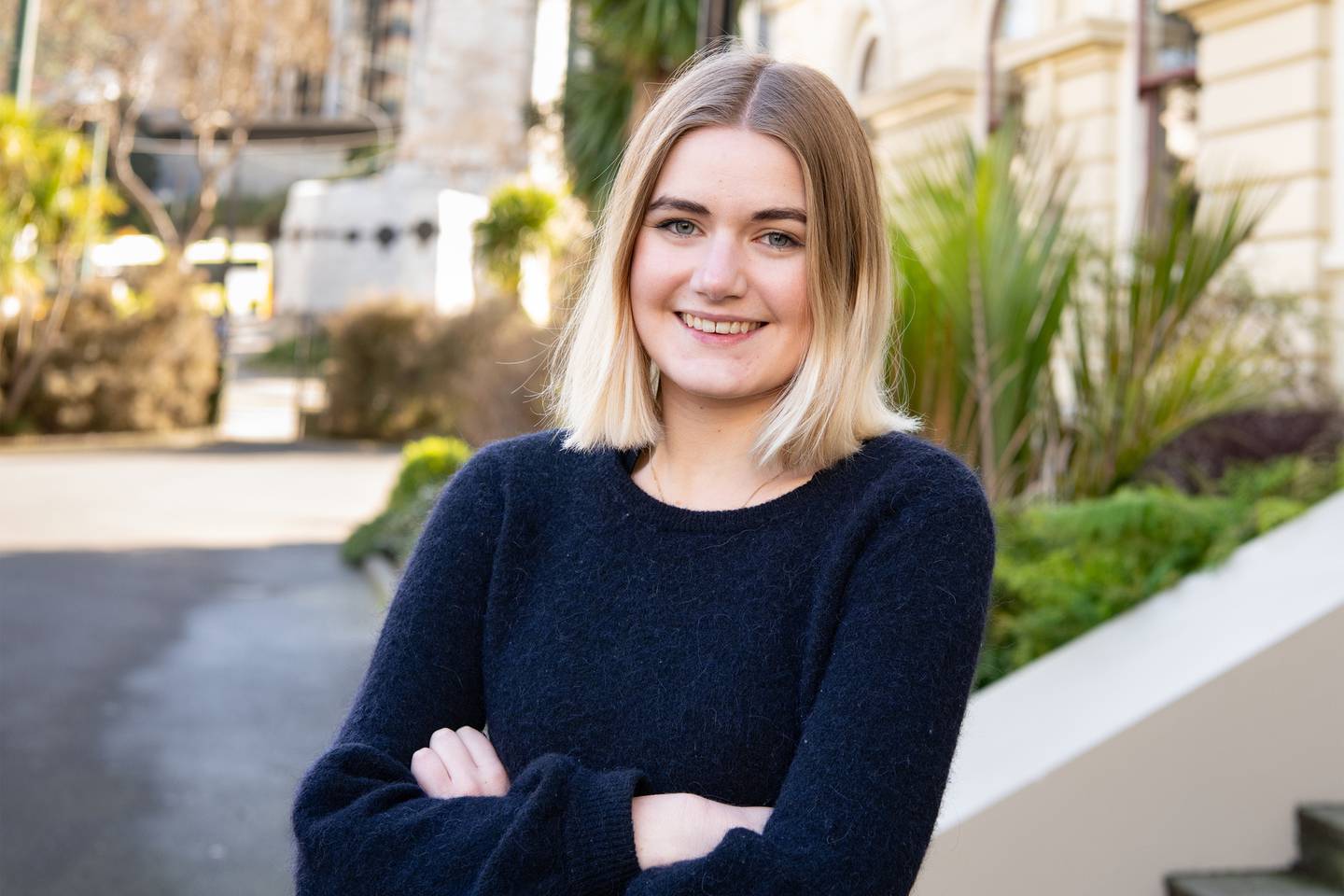
Alice Mander is founder and president of the National Disabled Students' Association. Photo / Supplied
Alice Mander, Victoria University of Wellington law and arts student
Growing up as a disabled girl meant that people always expected less of me; patting me on the back for small achievements.
During my disabled adolescence I resisted this assumption by overperforming, overachieving, and overexerting.
While I am proud of what I've achieved, and continue to strive to make changes for my community, I'm also worn out.
Now, as a young disabled woman, I'm relearning my idea of resistance. I'm breaking the bias by trying to remind myself that resistance doesn't always have to be about protest.
It can also look like being young, silly, and having fun.
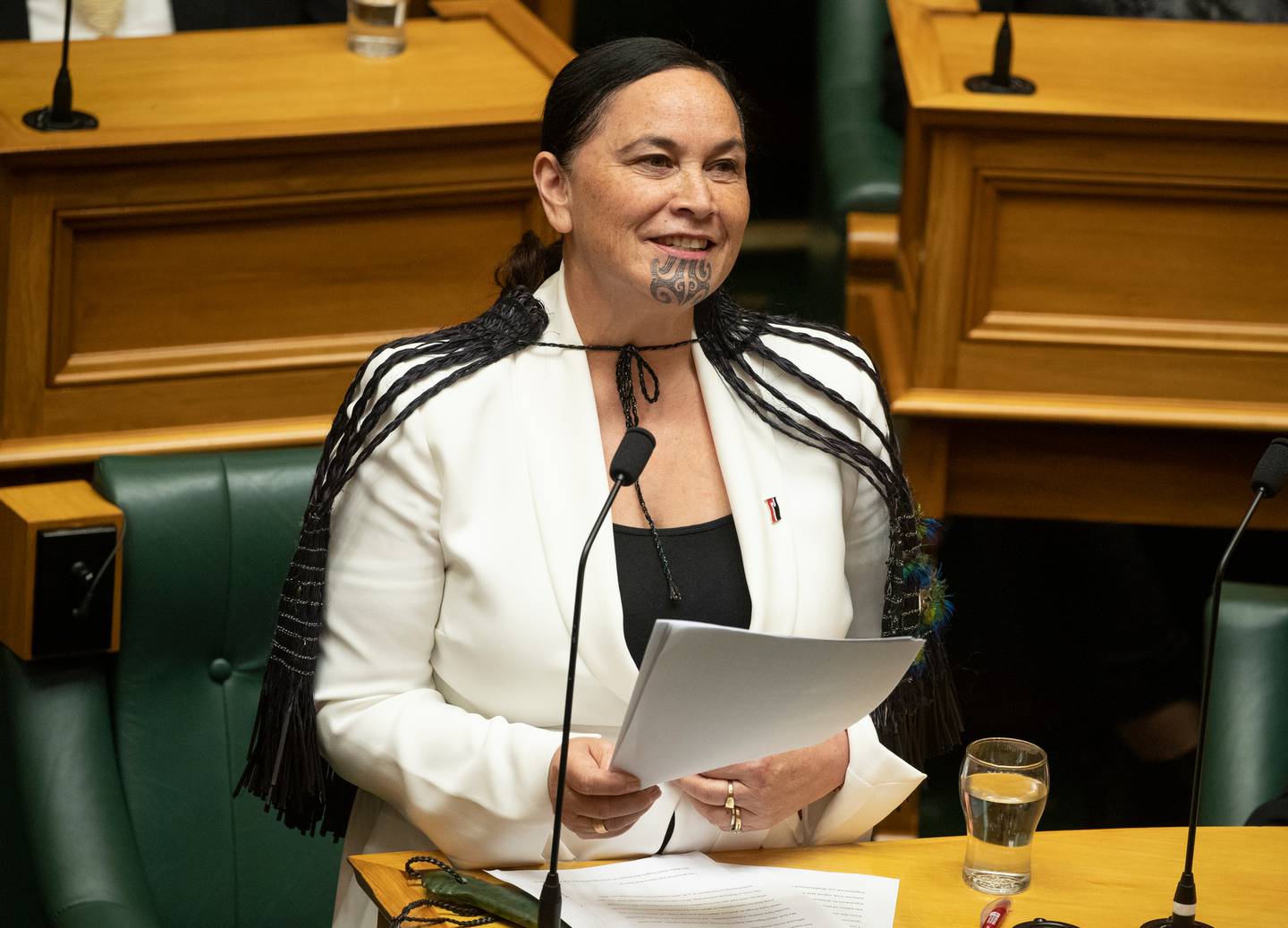
"You do not want my pūkana twice", says Te Pāti Māori MP Debbie Ngarewa-Packer. Photo / Mark Mitchell
Debbie Ngarewa-Packer, Te Pāti Māori wāhine co-leader
As a wāhine it is not my role to overcome biasis, discrimination, and stereotyping.
It is my role to assert my mana wāhine to remember my tupuna wāhine, to breathe our atua wāhine and live as my most authentic self, and then to ensure I live that example for every other wāhine, kotiro and tangata.
I do that by using every sphere of influence I have to hold our space and call out oppressive actions and behaviours that impacts on us as wāhine.
I walk equally beside patriarchy and tap shoulders if they forget our value. You do not want my pūkana twice.
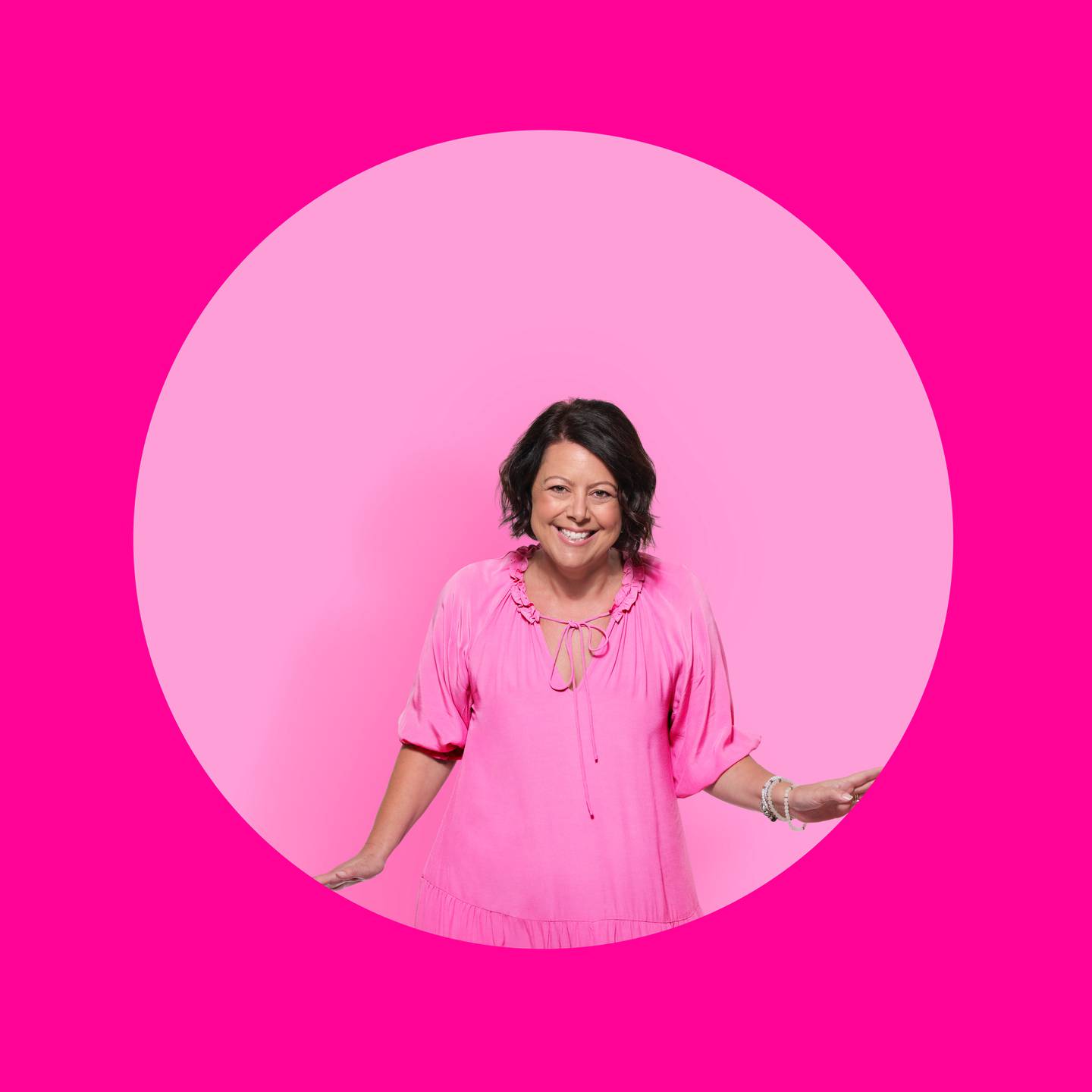
Broadcaster Estelle Clifford was surprised by the gender bias she discovered upon first entering the radio industry. Photo / Supplied
Estelle Clifford, The Hits presenter
I hadn't anticipated when entering the radio industry, the deep-seated bias that existed.
Some had the view that women shouldn't speak too high pitched or giggle too much as it was offputting to other women!
As a solo host I try to share from my heart, have fun and share other women's stories that I'm naturally drawn to.
It's important for us to lean in hard on what makes us who we are – to be relatable.
Women listen to us because we sound like their friends.
We still have a way to go to remove any underlying bias but I'm passionate about encouraging wāhine in our industry to be promoted, put forward for great roles, and to lead the way.
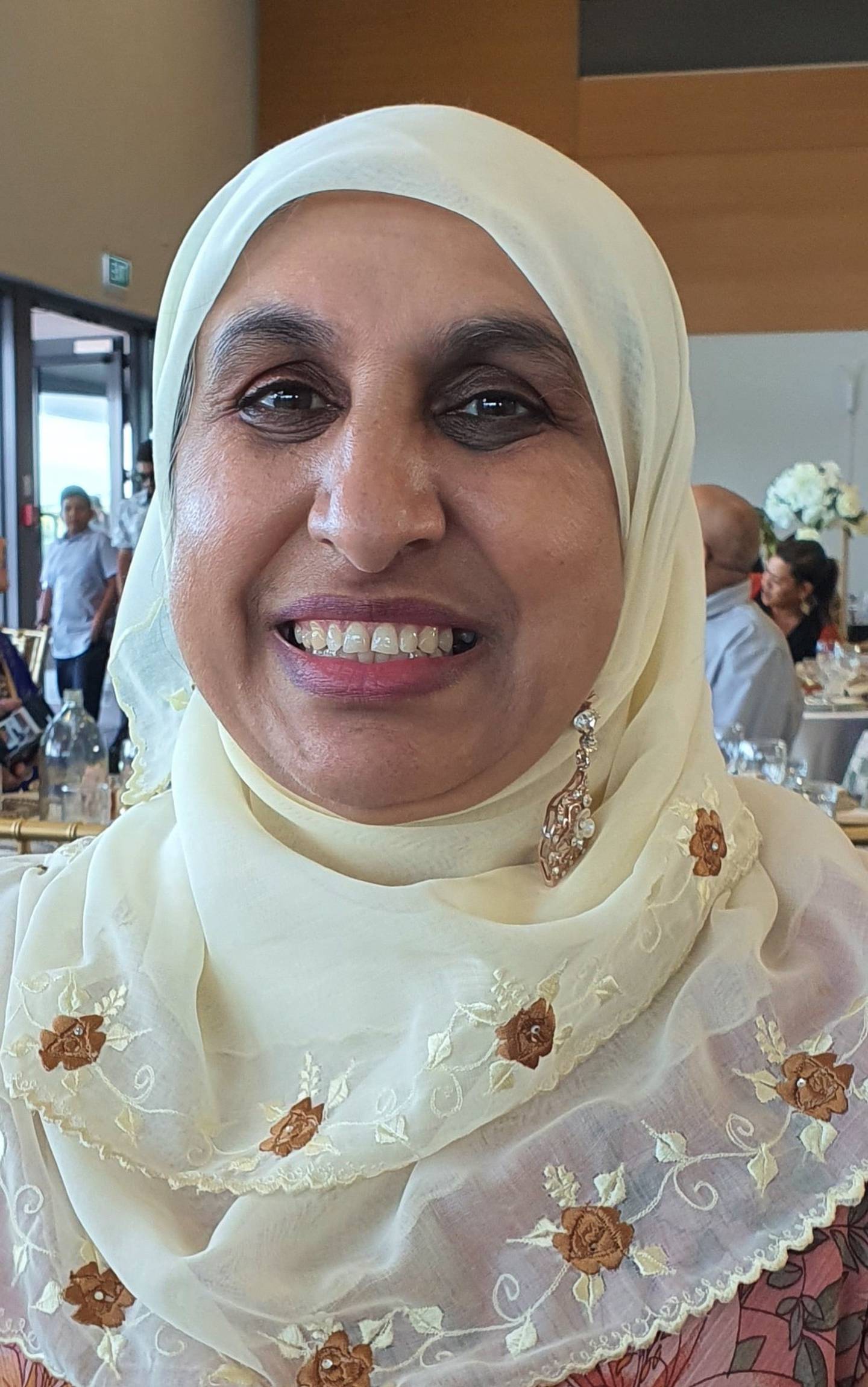
As a Muslim woman, Anjum Rahman has faced bias ranging from assumptions about her marital status to her employment and personality. Photo / Supplied
Anjum Rahman, Aotearoa Collective Tāhono founder and leader
The bias I face is the stereotype of Muslim women being weak and submissive.
When getting medical help, the nurse stepped back in surprise on hearing I was an accountant.
A woman incorrectly assumed I was married, and on finding otherwise said: "I thought you only wear that [hijab] because your husband makes you."
In a job interview for a managerial position, being asked if I was assertive enough.
I work on removing this bias through public speaking, media appearances, being active in the community, and starting a not-for-profit focused on bringing different communities together to build belonging and inclusion.
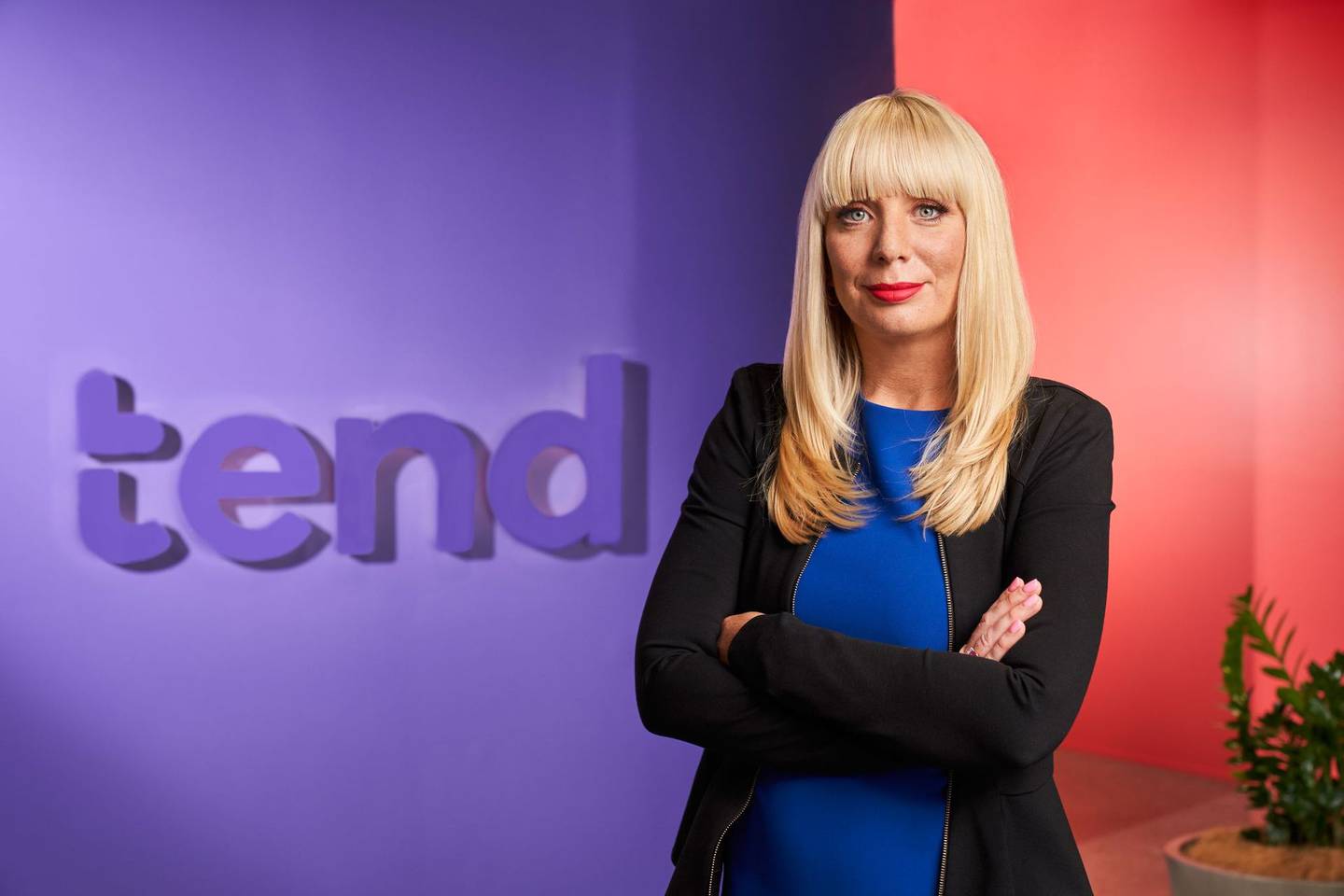
Working alongside people who respect and value diversity in thinking is a non-negotiable for entrepreneur Cecilia Robinson. Photo / Supplied
Cecilia Robinson, Tend Health founder and co-chief executive
At the start of my career, I often wasn't taken seriously. Being young, female and from Sweden didn't help.
It meant that in many instances I had to work harder and be more convincing than what I imagined would have been expected from a man.
As my skillset and confidence grew, I went from ignoring biased behaviour to calling it out.
I learned that working alongside people who highly appreciate, respect and value diversity in thinking is a non-negotiable in my business interactions.
Nowadays it's easy, I simply choose to not work with people who don't value diversity.
Adeline Greig, Gender Minorities Aotearoa community liaison
I could talk about my own experience, but bias exists at a societal and institutional level - to me it's more important that we advocate for women collectively, rather than individually.
Counting Ourselves data shows the median income for trans people is about half that of the general population, with trans women at the bottom of the Housing and Economic survey from Statistics NZ.
There isn't just a pay gap bias between men and women, but between different kinds of women as well.
To break that bias, we work with communities, government, and business, to help develop understanding of how everyone can work together to establish an even playing field.
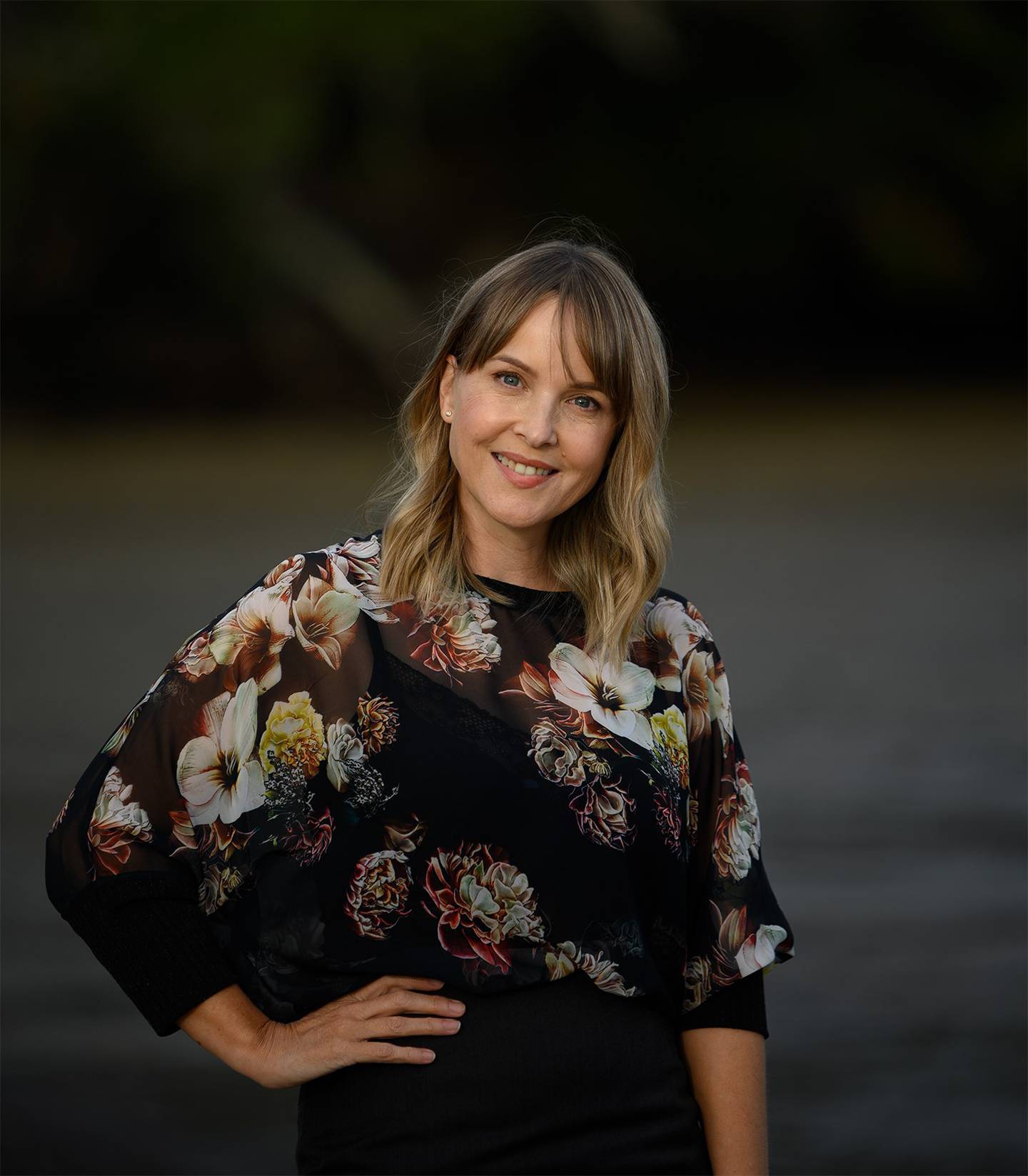
Angela Bloomfield became a household name as Rachel McKenna on Shortland Street. She later turned to directing, and is now a real estate agent. Photo / Supplied
Angela Bloomfield, former actress and director
I don't think I even realised there was a bias against women when I started my training to become a TV director.
I had heard stories from the early days of Shortland Street – a female actress with experience was being paid less per week than a male newbie actor, but I really wasn't up with the play.
I get it – if people are used to hiring men to do a job, the idea of then putting a woman in that role can be a bridge too far for some.
However, it's a proven fact that women have more emotional perception, empathy and social sensitivity than men – let's not continue to under-rate these qualities in the work space.

Deputy leader of the Opposition Nicola Willis has had some great conversations with people after calling out bias - talk first, don't cancel, she says. Photo / Mark Tantrum
Nicola Willis, National Party deputy leader
If you see it, call it.
I've had many moments where I've sensed someone being treated unfairly because of their gender.
Whether it's being overlooked for the promotion, being talked over and down to, or being described as "strident" rather than "assertive".
I've learnt to give voice to that sense of unease. To ask: Do you think we'd be talking differently about this if she was a man?
It might feel brave at first, but I've had some great conversations as a result.
It's rare for people to show bias intentionally – why cancel them when you can help them see?
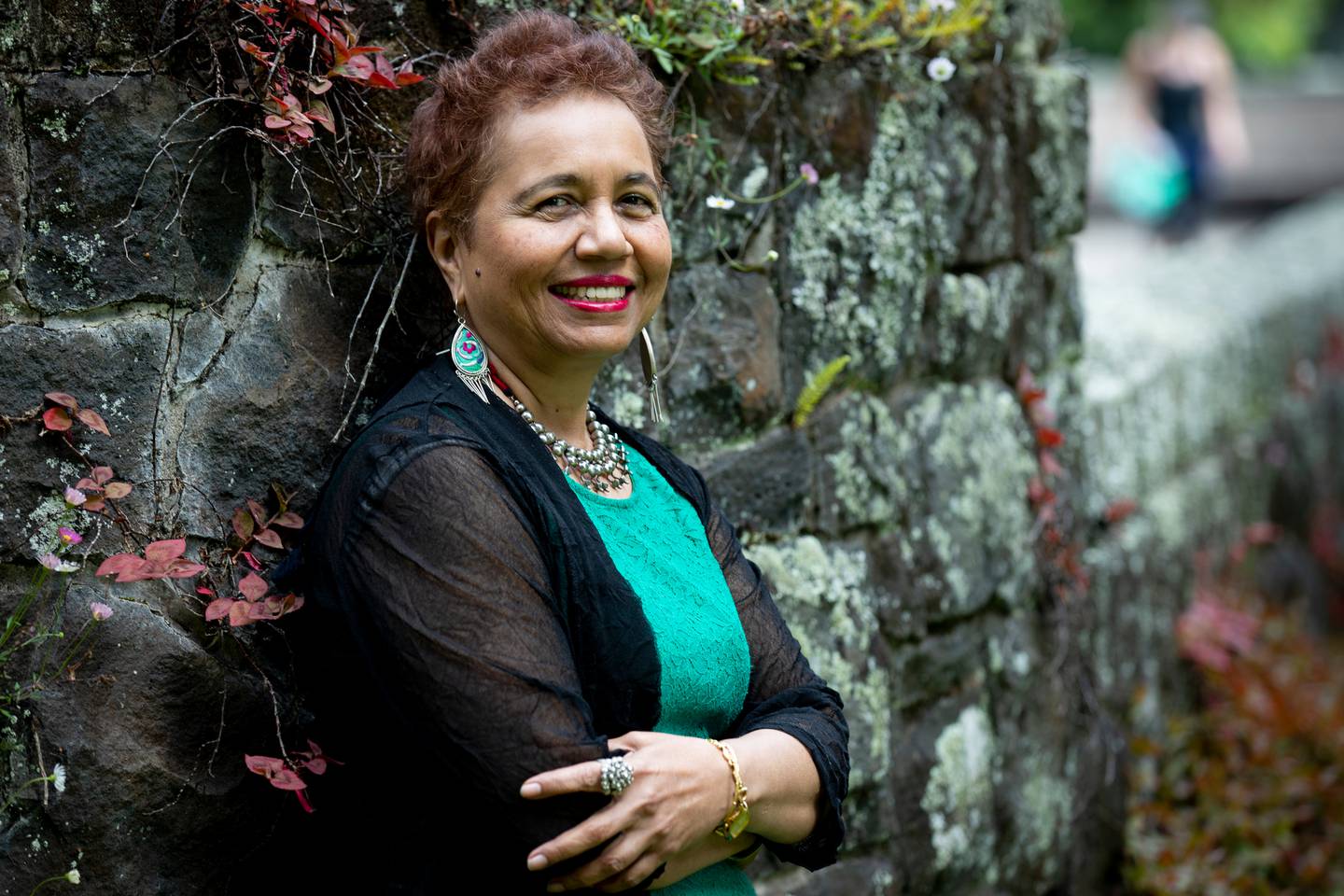
Encounters with bias are a "perpetual cha-cha-cha to be handled with dignity, assertiveness and patient perseverance", academic Edwina Pio says. Photo / Dean Purcell
Edwina Pio, Auckland University of Technology professor of diversity
Standing in a queue to board an international flight I was asked by an airline authority who had been through my papers: "You don't look like a professor?"
Or in a boutique furnishing fabric shop where the owner refused to show me my fabric of choice stating: "You will be wasting my time as I know you will not be able to buy from me."
Incidents which violate and question my legitimacy.
Yes, I am a professor and a scholar of colour, so I took out my business card for the airline, and insisted gently on viewing the fabric at the boutique.
Such encounters are a perpetual cha-cha-cha to be handled with dignity, assertiveness and patient perseverance.
These are not the moments to pick up issues of colonialism or whiteness, but rather opportunities to make conscious choices to sow seeds of goodness for change.

Those who find others intimidating are intimidated themselves, Edna Swart says.
Edna Swart, reality TV star and businesswoman
Bitch, intimidating, feisty, bossy, masculine are just a few of the negative consecrations thrown at me throughout my career as being a strong, decisive, leader and businesswoman.
As a society we encourage women to be strong, take risks, be empowered, and follow our dreams.
Unfortunately, the reality against societies preached intentions do not align, and many women are faced with these stereotypes, when really, we are living what we encourage our daughters to be.
I have faced the need to justify who I am over the years, until recently where I no longer will.
Those who find others intimidating are intimidated themselves. It has no reflection of who you are as a person.
Continuing to strive to be an example to other women and the generations below is key, by having a voice and uplifting other women determined to live out their dreams and aspirations while being their 100 per cent authentic self.
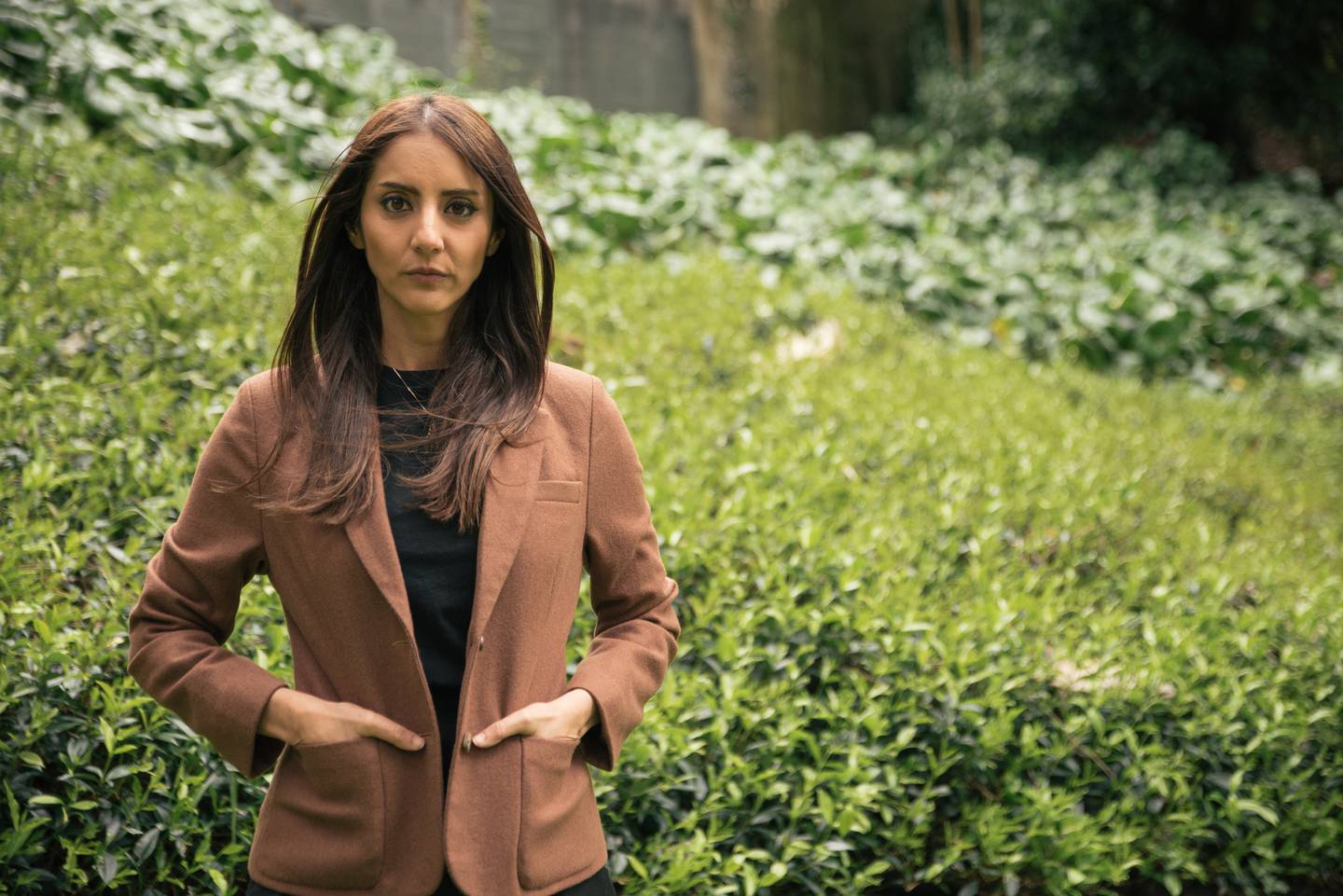
The onus should never be on the individual alone to force change, Green Party MP Golriz Ghahraman says. Photo / Supplied
Golriz Ghahraman, Green Party MP
As women and gender-diverse people, we often whisper about "imposter syndrome".
That feeling of being unworthy and/or out of place when we achieve success in spaces or professions traditionally dominated by men.
This has certainly been my felt-experience, beginning with work at the United Nations and certainly as the "first refugee MP".
But I've come to realise it isn't a "syndrome", because it's not us as women who are defective for feeling this way.
It should never be an onus on marginalised individuals to just buck-up and break the glass ceiling.
It's the institutions, culture, even the inflexible work schedules that must adapt to including women and gender-diverse peoples.
The solution is that we work together, across genders, from the grassroots to the leadership, for systemic change and inclusion.
Those conversations have sustained me, and I hope will lead to the next generation being held up by us to smash that ceiling far more safely.
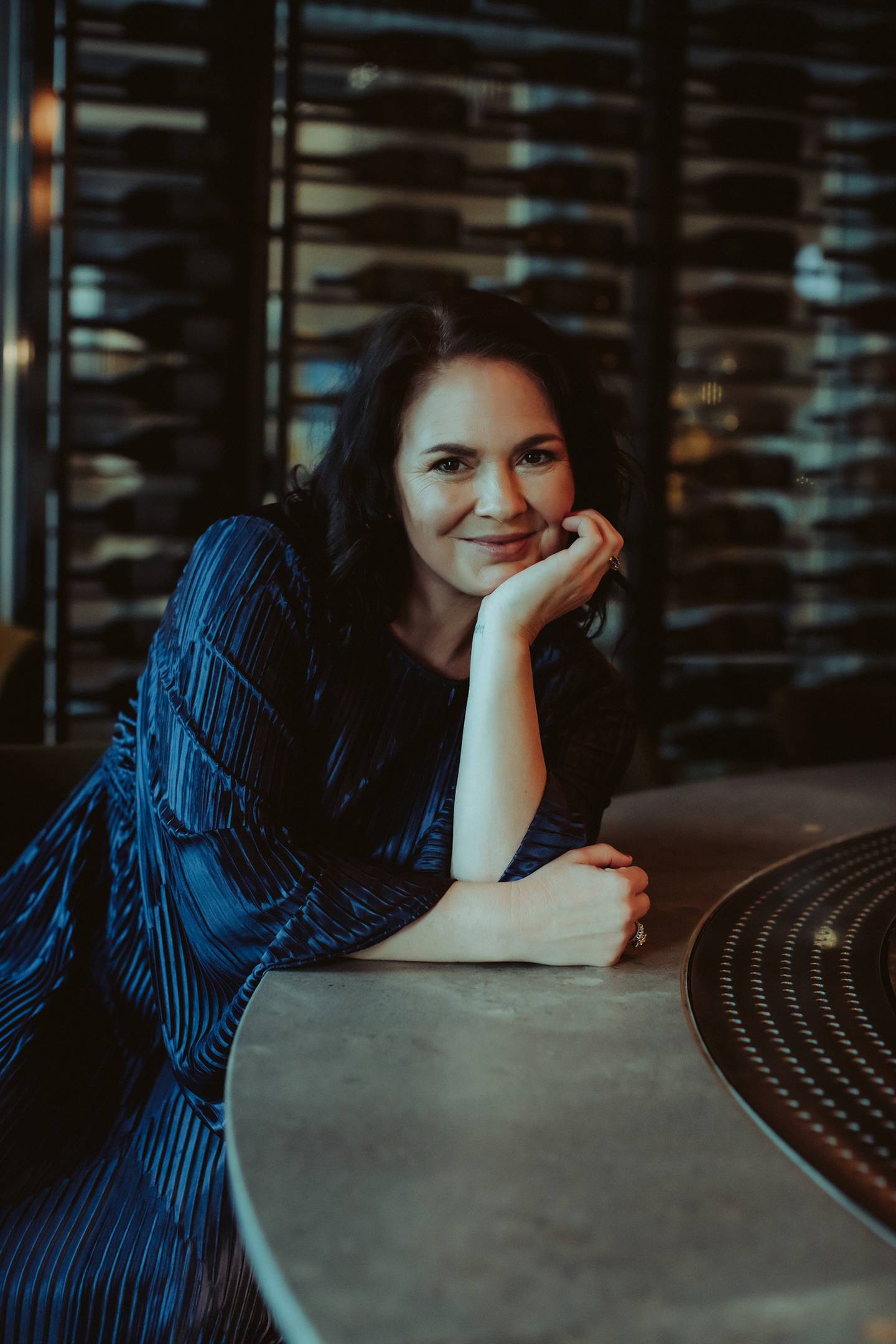
Before You Knew My Name author Jacqueline Bublitz. Photo / Supplied
Jacqueline Bublitz, author
My (adorable) grandniece is so beautifully sure of herself and her needs.
I want to protect her from any pressure to tone down her personality, to be a "good girl". It's something I've always struggled with.
How to assert myself without being considered bossy. Angry. Nasty.
There is such entrenched bias when it comes to our perceptions of assertive women, but there are also consequences of expecting women and girls to be nice.
The only thing I know to do for now is write about those consequences, draw attention to them.
And to keep cheering on our little ones, who show us how to smash gendered stereotypes just by being themselves.
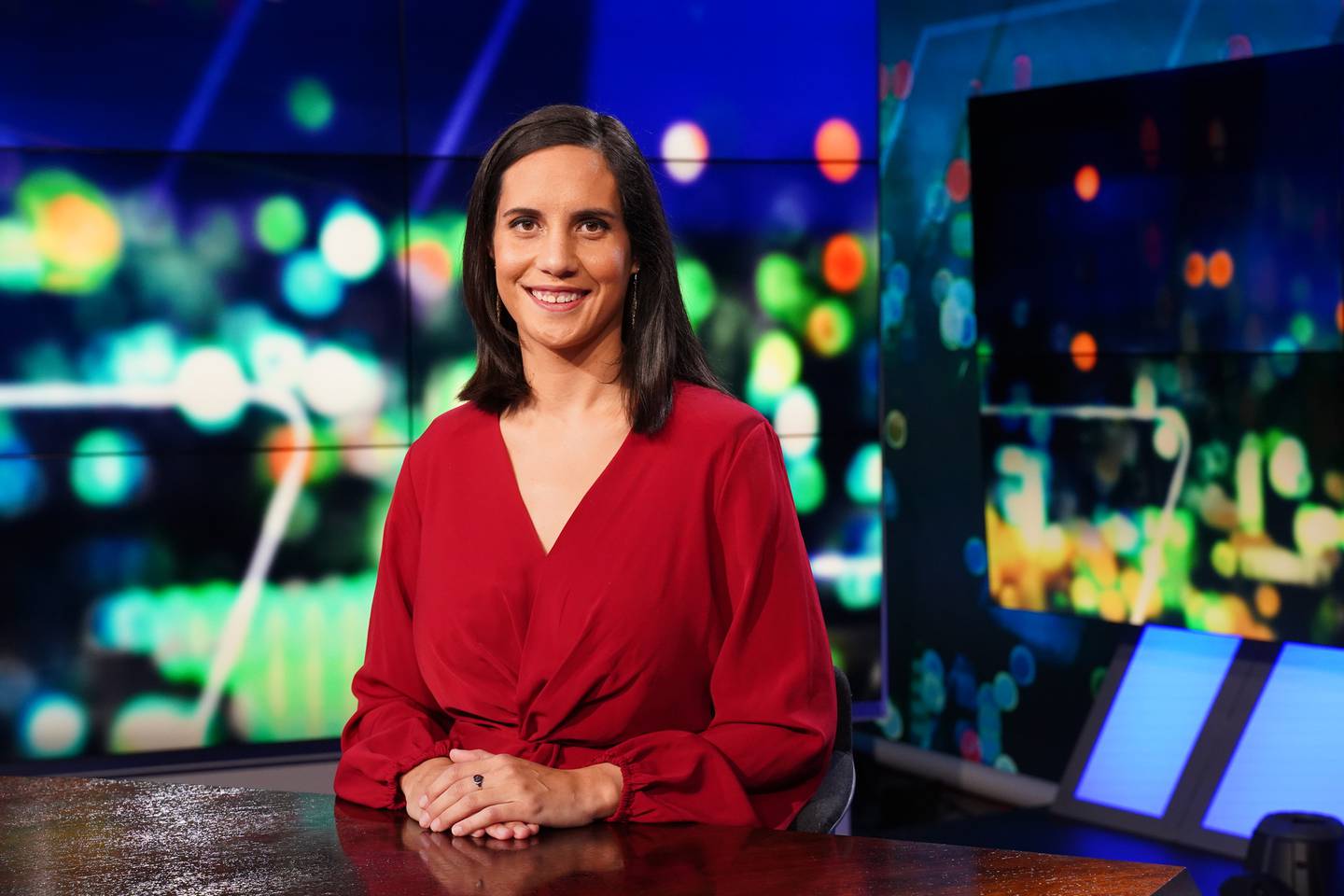
Broadcaster Laura Tupou, soon to be co-anchor of Newshub Live @ 6pm. Photo / Supplied
Laura Tupou, broadcaster
There's no single defining moment to explain the discrimination and bias I've faced, it just is.
As a Tongan woman there've been assumptions made about my ability to pay for things, my intelligence, even whether I know how to parent "properly".
I try to call it out, but honestly, it's difficult and tiring and half the time I miss the moment because I'm still in disbelief.
So, I've flipped the script.
I control what I can – I support all attempts at more equitable opportunities for women, and make sure I'm the best role model for my daughters.
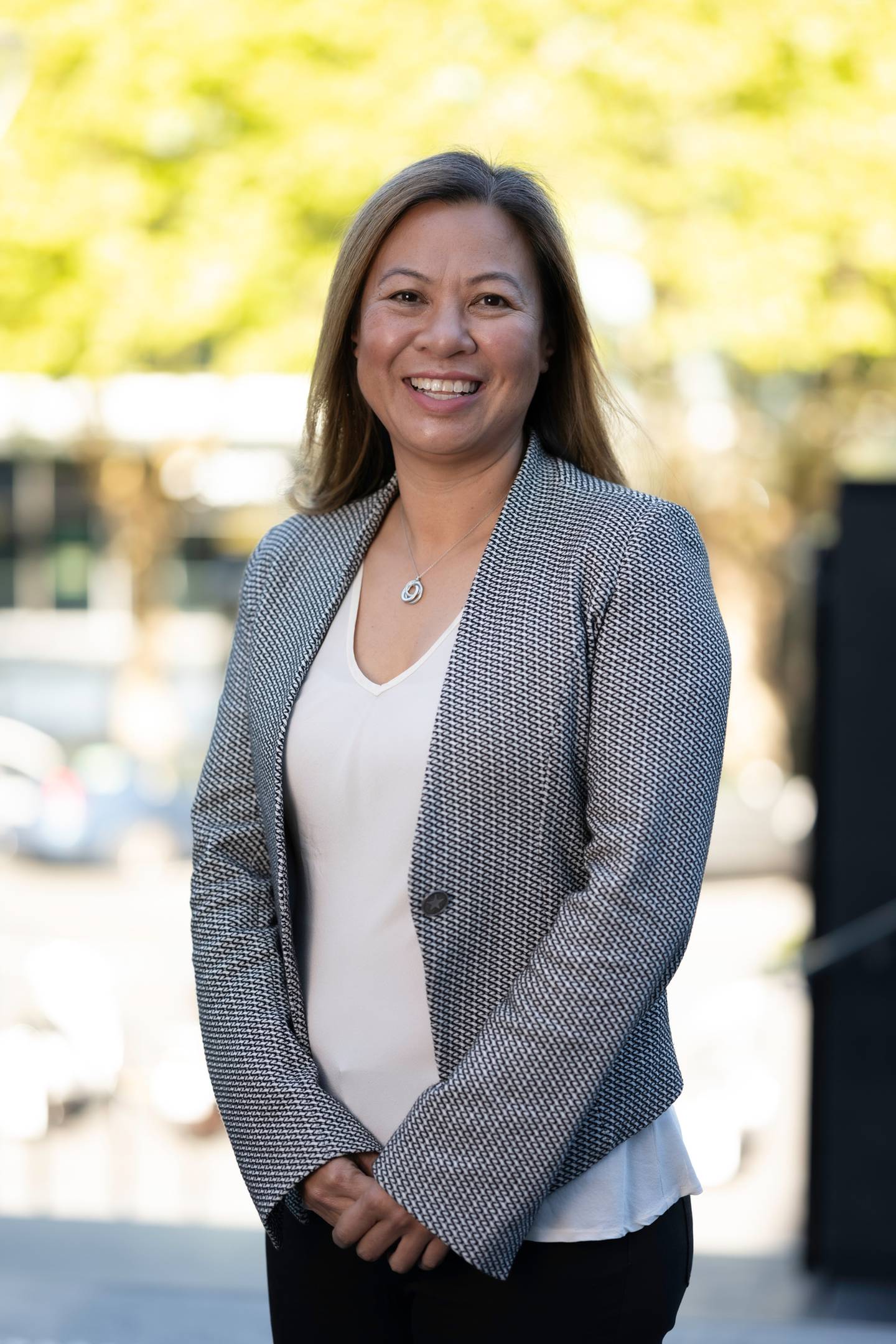
Everyone's perspective and contribution must be valued, Carolyn Luey says. Photo / Supplied
Carolyn Luey, NZME chief digital & publishing officer
As an Asian female, throughout my career I have experienced bias in many different forms.
With modern workplaces now openly talking about unconscious bias and through my own self-awareness of the impact bias can have, as a female leader I now play an active role in calling it out to give everyone an equal voice and create a safe environment to share perspectives and opinions.
A key focus for me to create sustainable change and #breakthebias is to leverage agile ways of working, creating the right workplace environment, mindsets and behaviours, where everyone's perspective and contribution is valued.

You can't be what you can't see, GirlBoss New Zealand founder Alexia Hilbertidou says.
Alexia Hilbertidou, GirlBoss New Zealand founder
At my co-ed school, I was the only girl in my digital technology and advanced physics classes.
I mean this is hardly surprising – given the truism that you cannot be what you cannot see.
When we ask young people what does a coder look like, and it's so far from what they see in the mirror this can be a huge barrier for them.
At 16, I started GirlBoss New Zealand. We're now the largest organisation for young women in New Zealand, with 13,500 members.
Every day, our members are committed to being part of the solution and breaking the bias which confronts us.
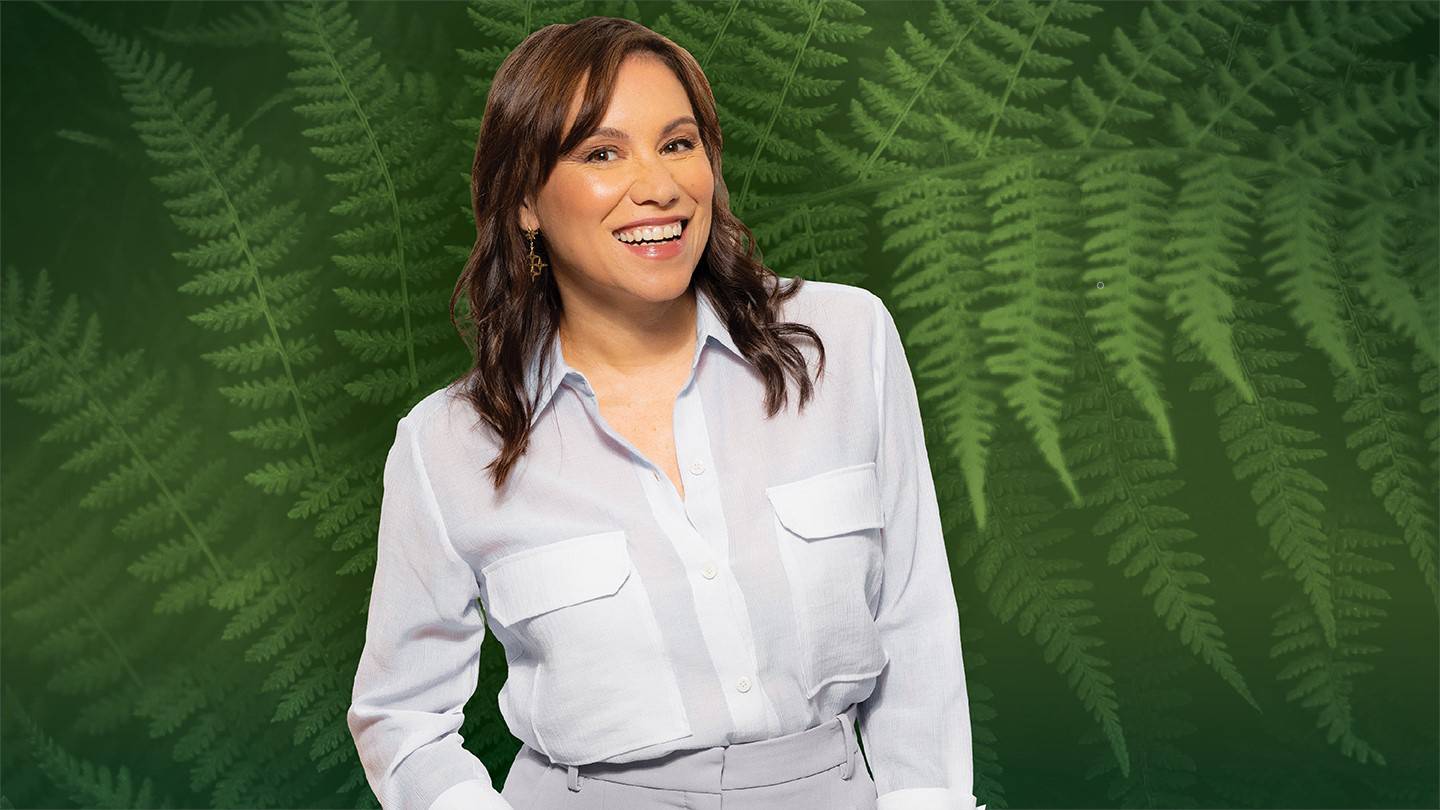
Stacey Morrison wants to see a wider understanding and valuing of cultural intelligence, so individuals breaking through biases don't have to carry so much of the load. Photo / Supplied
Stacey Morrison, Flava Breakfast host
Although we're opening up to recognising gender bias against women, speaking to cultural bias is still harder.
To see articles celebrating "diversity" in business leadership that do include women but not women of colour tells me we still have work to do.
Women who have a diverse cultural view bring a lot to the workplace and their cultural intelligence and agility is valuable for everyone.
I'd love to see wider understanding and valuing of cultural intelligence for all, so individuals who can break through biases don't have to carry so much of the load.
Saskia Thornton, e-motorcycle start-up FTN Motion co-founder
I wasn't aware of gender bias at the start of my career. Being naive to it meant I simply concentrated on working in my own way.
In hindsight, being a woman in male-dominated industries did shape me.
I got into a lot of "sink or swim" situations which helped me grow confident in speaking up and sharing my perspective, allowing me to bring a much-needed balance and an empathetic style of leadership to the table.
Businesses need gender diversity to break the bias, and I would love more women to explore "perceived" male-dominated industries to speed up the change.
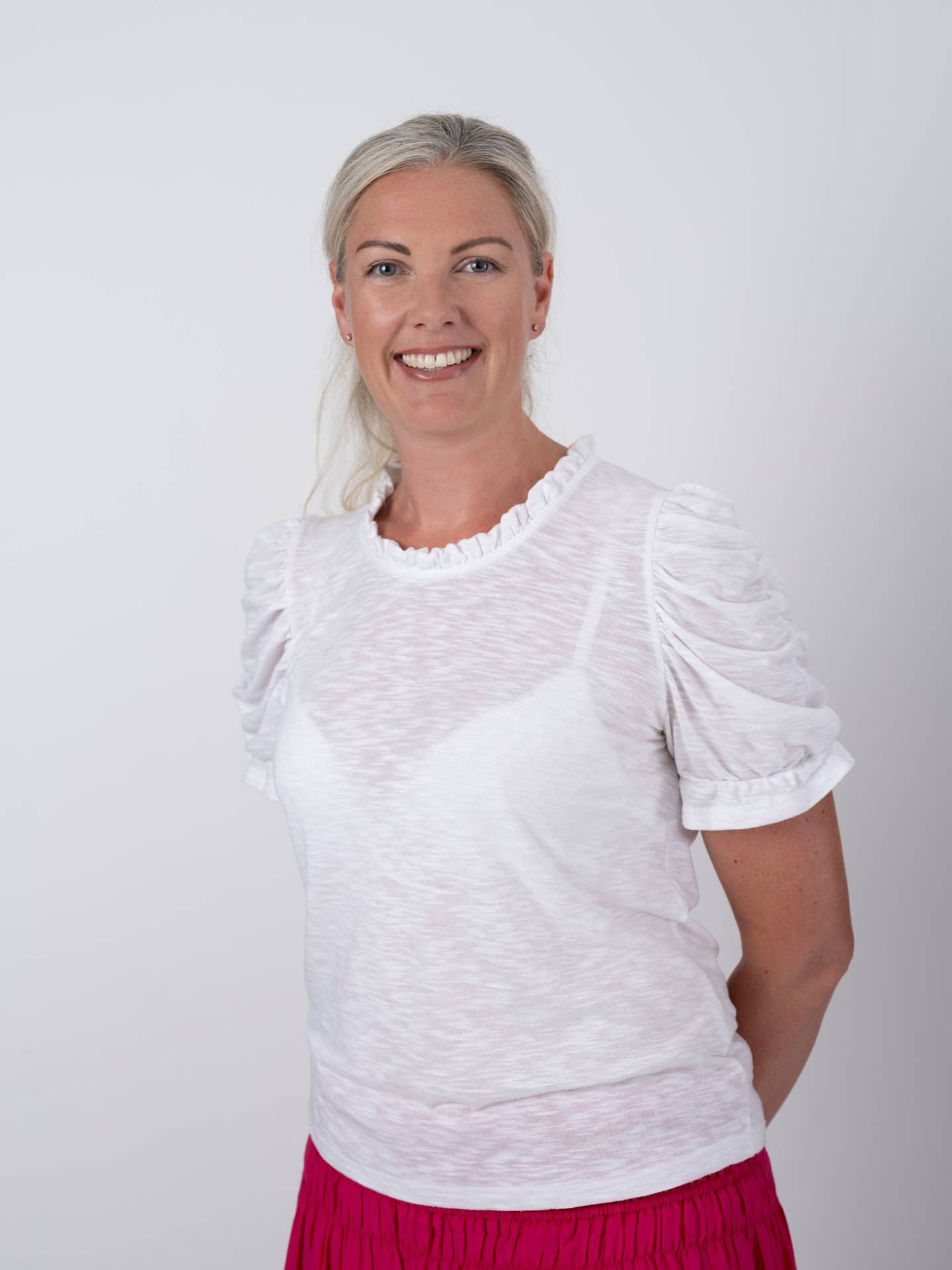
Emily Hancox leads The Hits Network. Photo / Supplied
Emily Hancox, The Hits Network head
I feel rather fortunate as a woman in my 40s to have navigated my way personally and professionally without too much bias.
I love that I now have two opportunities in life at breaking the bias for women.
Firstly, professionally – as a woman in radio management, I want to ensure we put in place the right pathways and support networks for our young women to thrive and achieve what they're capable of.
Secondly, personally – as a mother of a 6-year-old girl.
She doesn't make any judgements of people or have any bias and it's so refreshing; I want to harness that for her and her future peers.
- by Cherie Howie, NZ Herald
Take your Radio, Podcasts and Music with you









